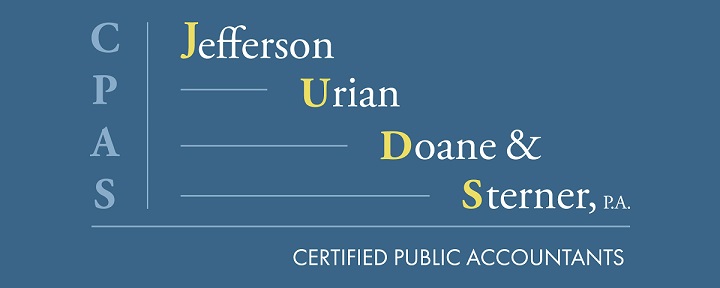-
Any business that has employees could suffer payroll fraud and related schemes. Large or small, and regardless of industry, every business could become subject to this threat. The good news is, your organization can mitigate the risk by understanding the forms payroll fraud takes. This article explores common schemes and suggests ways to help detect or prevent them.
-
The residential real estate market is hot in many parts of the country. If you find your dream home, you might lose out on it unless you can act quickly and make a strong offer. You may have to sell your current home, but many sellers are reluctant to accept offers with a sales contingency. Here's a creative strategy that may provide certain homebuyers extra liquidity and flexibility.
-
Women face unique financial challenges. On average, they still earn less than men but the wage gap is gradually shrinking. Women currently possess significant wealth and tend to make many of the buying decisions for their households. Here are eight tips to help empower women to manage their money more effectively.
-
If your principal residence has significantly appreciated from when you bought it, you could owe capital gains tax when it's sold. What's more, you might owe an additional 3.8% for the net investment income tax. Here's what you need to know about the potential tax implications before putting your home on the market.
-
Many people have set up tax-advantaged Section 529 plans to help fund education costs for their children or grandchildren. Some or all of the withdrawals from these accounts may be subject to federal income tax and possibly even a 10% penalty tax. Here are the rules and details about a new option if you have money left over in a 529 plan after your student graduates.
-
Good news: Tax planning should be simpler this year for most small business owners. No significant unfavorable changes to the current tax rules are expected through 2025. Here are some strategies that you should consider implementing as soon as possible to reduce your business tax obligation for the 2024 tax year.
-
Many businesses use independent contractors to help keep their costs down especially in these times of staff shortages and inflationary pressures. Businesses that use independent contractors should be careful that these workers are properly classified for federal tax purposes. If the IRS reclassifies them as employees, it can be an expensive mistake.
-
Between BBQs, fireworks and baseball games, you should take some time this summer to consider tax planning moves that could lower your tax obligations for 2024. Proactive midyear planning can help avoid a year-end scramble to implement tax saving strategies before December 31. When it comes to tax planning, procrastination can be a costly mistake.
-
If you need cash quickly, you might consider withdrawing money from your IRA. However, be aware that early withdrawals those made when you're below age 59 are generally subject to a 10% penalty tax, unless you qualify for an exception. Let's review 15 exceptions to the penalty tax available under current tax law.
-
If you've started a new business this year or you're contemplating launching one soon you may wonder when you're allowed to deduct start-up expenses on your tax return. Some expenses may need to be capitalized and deducted over time, rather than immediately expensed. Here's an overview of the current tax rules





